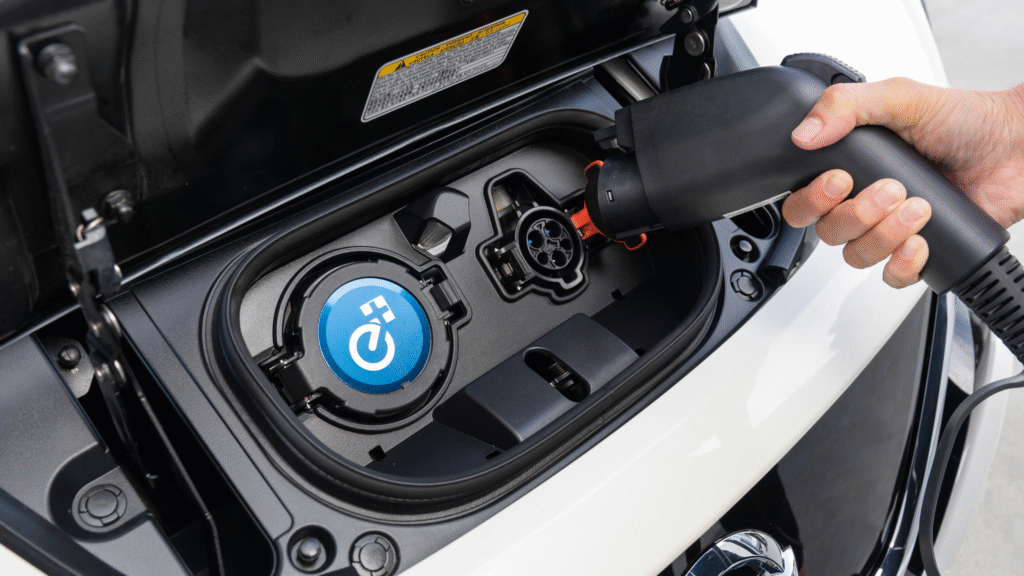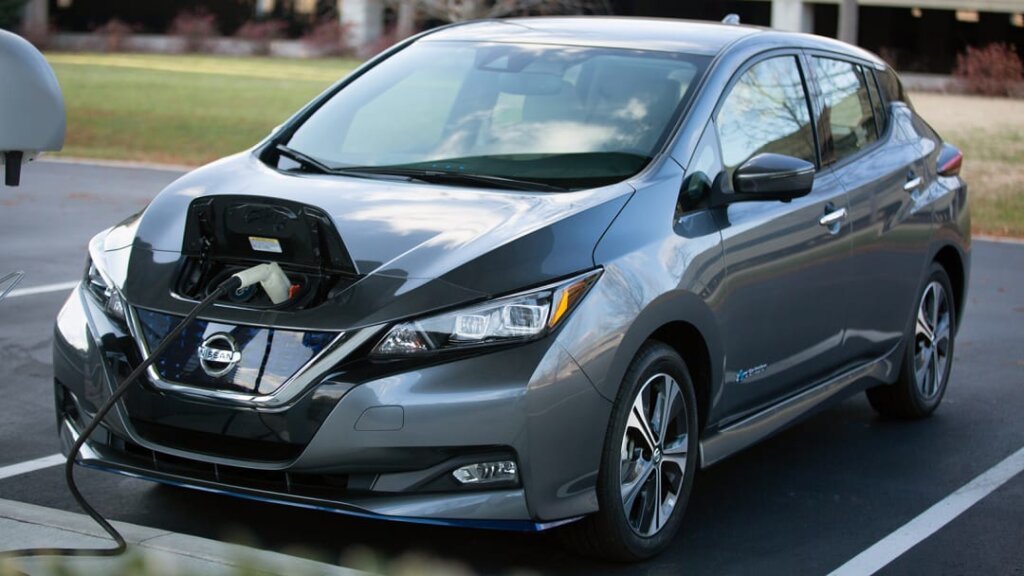Nissan Issues Urgent Warning: Leaf Owners Told to Stop Fast Charging Immediately Amid Escalating Fire Risk and Delayed Fixes
Nissan has significantly expanded its Leaf recall to nearly 45,000 vehicles from the 2019–2022 model years, issuing an urgent directive for owners to completely avoid DC fast charging due to a critical battery defect that increases vehicle fire risk. The recall, now covering an additional 19,077 vehicles, impacts both 40 kWh and 62 kWh battery versions. This ongoing recall, which has seen its final repair schedule postponed multiple times over more than a year, is causing significant frustration for owners, who now face severe limitations on how they can power their electric vehicles.

Widespread Recall and Urgent Fast Charging Warning
Nissan’s latest recall expansion underscores the severity and persistence of the battery defect.
- Expanded Scope: The recall now encompasses approximately 45,000 Nissan Leaf vehicles from the 2019, 2020, 2021, and 2022 model years, affecting both 40 kWh and 62 kWh battery versions built at Nissan’s Smyrna plant.
- Urgent Safety Directive: Nissan is explicitly advising affected owners to completely avoid DC fast charging until a permanent fix is implemented due to the heightened risk of vehicle fire.
- Prolonged Delays: The recall has been ongoing for over a year, with Nissan repeatedly postponing the final repair schedule, leading to significant owner frustration.

Understanding the Battery Fire Risk
The root cause of the fire risk stems from issues within the battery cells themselves.
- Defective Batteries: The problem involves lithium-ion batteries supplied by Automotive Energy Supply Corporation.
- Lithium Deposits: These batteries may experience excessive lithium deposits within battery cells.
- Increased Resistance and Heat: These deposits lead to an increase in electrical resistance inside the cells, causing them to heat up rapidly during DC fast charging sessions.
- Fire Hazard: If fast charging continues with these defective cells, a battery fire may occur.
- Persisting Issue: The defect, initially found in 2019-2020 models, has now appeared in newer 2021-2022 vehicles, suggesting that the supplier’s manufacturing issues persisted longer than Nissan originally believed.
- Estimated Impact: While Nissan estimates only 1 percent of recalled vehicles actually have the defect, this still translates to roughly 450 cars with batteries at risk of catching fire during a routine charging stop.
Uncertainty Surrounds Software Fix and Timeline
Nissan is working on a solution, but specific details and timelines remain elusive.

- Remedy Software: Nissan is developing “remedy software” designed to prevent the progression to thermal incidents.
- Software Functionality: This software will likely detect excessive temperature increases within the battery during charging and automatically slow or stop the charging session.
- Diagnostic Tool: If the software intervenes, it would signal that a specific vehicle has defective battery cells requiring physical replacement.
- Frustration for Owners: The lack of a definitive timeline for a final, comprehensive fix is a major point of contention for Leaf owners, who purchased their EVs expecting the convenience of fast charging, a feature now entirely restricted for safety reasons.
Awkward Timing Amid New Leaf Launch
The recall comes at an inopportune time, as a new and improved Leaf generation is on the horizon.
- Third-Generation Leaf: The third-generation Nissan Leaf, featuring a NACS charging port and significantly improved DC fast charging performance, is expected soon, with the 75 kWh battery version starting at $29,990.
- Appealing Alternative: For current Leaf owners grappling with the recall and delayed fixes, the prospect of a new model with reliable fast-charging capabilities likely appears very attractive.
Nissan faces a significant challenge in resolving this critical safety issue, restoring owner confidence, and ensuring the long-term reputation of its electric vehicle lineup.
Also Read – Tesla’s Iconic Flush Door Handles Face Regulatory Threat Over Safety: Global Redesign Possible



